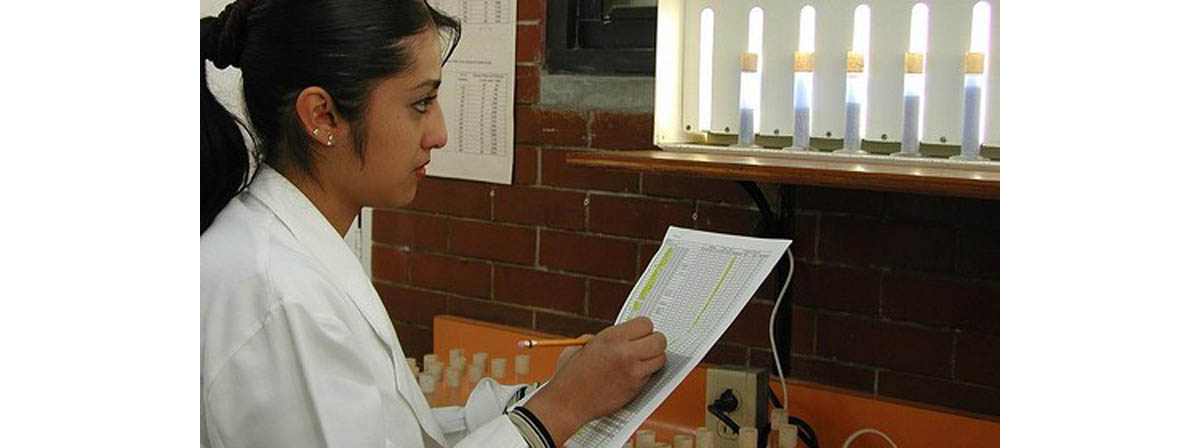Table of Contents
Dr Carroll and his colleagues performed allergy tests on four women who were diagnosed with a semen allergy. They separated sperm cells from the surrounding seminal fluid and checked what the cause of the allergic reaction was through allergy skin prick tests.

Researchers believe that a glycoprotein from the prostate is the specific culprit.
Sexual intercourse becomes an unpleasant activity for couples who are dealing with a semen allergy, regardless of the exact cause. For many, using condoms becomes the obvious solution to a tricky problem. Total abstinence is another (probably unappealing) possibility. Neither of these options help very much when a couple affected by semen allergy would like to have a baby.
A semen allergy isn't a direct cause of infertility, but it does make unprotected sexual intercourse unpleasant at best and dangerous at worst. When you are trying to conceive, quantity means more than quality and having unprotected sex a few times a cycle isn't likely to give you that positive pregnancy test.
Erectile dysfunction isn't a direct cause of infertility either — the man is pretty likely to be producing sperm — but it still makes pregnancy next to impossible. A semen allergy functions in a similar way. If you can't have unprotected intercourse because it can result in serious health problems, you are practically infertile.
Getting Pregnant With A Semen Allergy: Your Options
The good news is that you have options. The fact that a semen allergy is caused by a component of seminal fluid rather than sperm itself is positive. Intrauterine Insemination (IUI) is a relatively non-invasive fertility intervention in which sperm are inserted into the uterus through a catheter.
Raw semen contains chemicals that make the uterus contract badly when direct contact occurs, so all sperm goes through a process called “sperm washing” before it can be used in an IUI cycle. Sperm washing and IUI has even allowed HIV positive men to become fathers with an extremely low risk of transmitting the disease.
Desensitization treatment is the other option. This treatment will reverse the sensitization process that caused the woman to have an allergic reaction, and hopefully enable her to conceive naturally. This can be done in two separate ways — with allergy injections containing tiny amounts of a partner's semen, or by inserting gradually increasing amounts of semen into the woman's vagina.
Beware, though: though both these options require that a couple has regular unprotected sex, couples affected by a semen allergy should not attempt to go through a desensitization process at home. Exposure to semen can, after all, be a deadly affair if anaphylactic shock sets in. Desensitization requires a skilled allergist with experience in this area.
- Photo courtesy of zen Sutherland by Flickr : www.flickr.com/photos/zen/709955/
- Photo courtesy of CIMMYT by Flickr : www.flickr.com/photos/cimmyt/4764098169/

